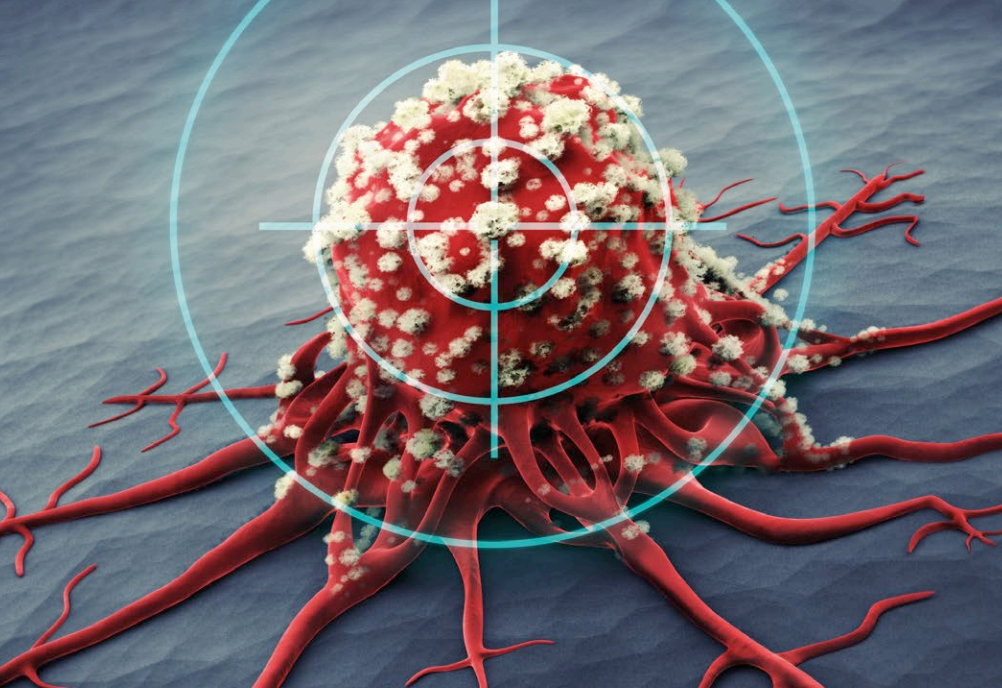Share this Page:
In a presentation at the 19th Meeting of the European Association of Urology (EAU) Section of Oncological Urology the role of artificial intelligence in the diagnosis of kidney cancer was discussed.
Artificial intelligence is the capability of a machine to learn in a similar manner to human beings through the use of data to determine an optimal strategy to achieve a desired outcome. Machine learning refers to the ability to learn iteratively without being programmed. Machine learning combines computer science, mathematics, and statistical analysis to generate algorithms which assess associations between data and relevant outcomes. The success of machine learning depends on both the quality and quantity of the data used for the algorithms.
This presentation discusses the use of machine learning and artificial intelligence using electronic health records, clinical data, imaging, patient wearables, and technical data from surgical robotic systems to detect disease patterns, predict disease, increase efficiency, and contribute to the design of new drugs. Potentially, artificial intelligence can improve clinical workflow, detection and characterisation of disease, and treatment decision making.
The presentation highlights the role of artificial intelligence in evaluating scans and detecting/highlighting suspicious areas in images to potentially address false positive rates and over diagnosis of cancer. Artificial intelligence may be helpful in characterising tumours, diagnosing and staging tumours, imaging-based genomics, and monitoring tumours for changes over time. This is particularly useful for the diagnosis of small renal masses, a large proportion of which may be benign and over treated, and distinguishing between kidney cancer and benign tumours, such as angiomyolipomas and oncocytomas.
In addition, artificial intelligence may be used to predict how aggressive the kidney cancer is (the grade of the cancer) and the clinical outcome of the cancer following treatment.
Finally, artificial intelligence could be used to determine the risk of complications during surgery and renal function loss associated with nephrectomy. This may help with patient counselling before surgery and treatment decision-making.
However, although early studies with artificial intelligence show great promise for the diagnosis of renal cell carcinoma (RCC), the identification of RCC subtypes, and the prediction of outcomes, there are significant barriers, such limited evidence. The role of artificial intelligence in RCC diagnosis needs larger studies to assess its role in the diagnosis of RCC and management moving forward.













